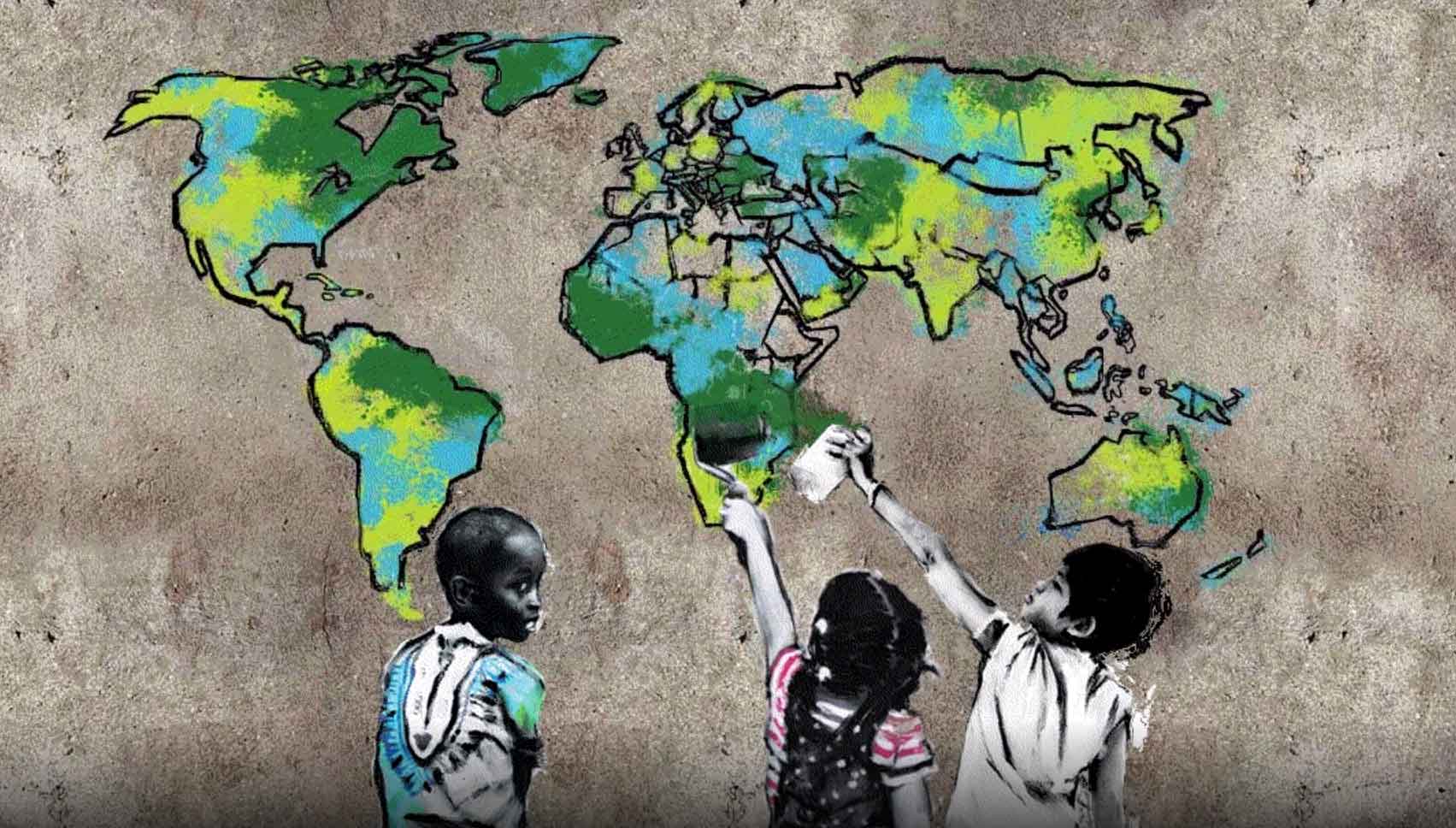Posted by Toonika Guha
Last month, a college in Kolkata announced that it would be providing it’s students with a new option when it came to declaring their religious identities: Humanism. As someone who does not believe in organised religion, I have always found it difficult to fill out forms where my religious identity was asked for. So this should’ve been a welcome change. Yet, when I heard this piece of news, it seemed to ring a bell. Where had I heard this call for humanism before?
I didn’t have to think long to realise that when talking about gender issues, I (and other feminists) have often urged people to use the ‘F’ word, only to have our respondents shirk by saying that they would rather call themselves humanists.
In a world where women (and non-cis males) continue to face discrimination, and a country where religious minorities still face oppression, it may be easy to categorise oneself into a humanist category to avoid the fuss of it all. But does that really solve the issues of religious and gender discrimination? Not really.
while humanism considers the human to be at the centre of its philosophy, this subject (for colonisers) was inherently Eurocentric.
Humanism, as we know it is a largely Eurocentric philosophy that may be seen to be one of the guiding principles of colonialism, a historical case of oppression in and of itself. While colonialism was often assisted by Evangelism, humanism was also another route that helped colonial expansion. In my opinion, one must remember that while humanism considers the human to be at the centre of its philosophy, this subject (for colonisers) was inherently Eurocentric. And it is this need to help the inhabitants of the colonies to reach this ideal state of (Eurocentric) humanity that drove the ‘white man’s burden’.
Under such circumstances, when it comes to talking about gender or religion, ‘humanism’ may seem non controversial. Yet it remains inherently problematic due to its history of violence.
Outside of this historical implication, calling oneself a humanist in the face of communalism and sexism is an easy escape that those with privilege may take.
In the context of feminism, calling oneself a humanist simply derails the conversation to a supposedly neutral space that hints towards escapism. The same is also true of using the category when it comes to religion. The inequalities in both these cases exist because of the structures and simply wishing them away doesn’t eliminate them. When a man of privilege says that he’s a humanist, he seems to imply that he holds humanity as the higher principle, on a pedestal supposedly higher than gender, while completely ignoring the fact that invisibilizing structural inequalities is essentially the problem in the first place. A lot of gendered issues continue to fester and manifest largely due to how the patriarchy has succeeded in invisibilizing them. Ignoring them and thereby invisibilising them further under the garb humanism only enlarges the problem.
The need of the hour is for those from the dominant sections of society to acknowledge their subjectivities in order to help dismantle the inequalities from the inside-out.
In the case of religion, religious minorities, in India and across the world suffer oppression and inequality at the hands of majority (or otherwise privileged) communities because of a sense of ‘other’ created by those in a place of privilege to justify their own dominance. When a Muslim is lynched today in India for eating beef, it is easy to sit on the fence and call oneself a ‘humanist’ and elevate oneself to higher moral ground, by supposedly dissociating from the dominant community. But it is far more important to introspect the ideals of the dominant and grapple with the issue as an ally of the oppressed. If one is indeed a humanist, it would be one’s onus to question the tenants of identity politics by dealing with them head-on, rather than invisibilizing them.
Also read: Why Call It Feminism, As Opposed To Humanism Or Egalitarianism?
Those grappling with the everyday realities of what it means to be living as a Muslim in a predominantly Hindu state, or a woman living within a patriarchal setup have little opportunity to turn to neutral grounds of convenience. For them, it becomes a case of survival. In order for us to address issues like gender wage gaps, gendered oppression, communal violence and more, one needs to inspect these divisions and labels in order to counter them. Simply ascribing to an abstract neutral zone, wishing our worries away, is not the answer. The need of the hour is for those from the dominant sections of society (both from a gender and religious perspective) to acknowledge their subjectivities in order to help dismantle the inequalities from the inside-out. In such a situation, side-stepping the entire discourse by declaring oneself to be a ‘humanist’ is what I call a ‘social brownie point’, a false sense of security to feel like the ‘good guy’.
Toonika Guha is a millennial intersectional feminist. She works as an editor and audiobooks producer who also likes to write. Her pieces have appeared in The Quint, Youth ki Awaaz and Asiaville. You can follow her on Facebook, Twitter, and Instagram.
About the author(s)
Guest Writers are writers who occasionally write on FII.




